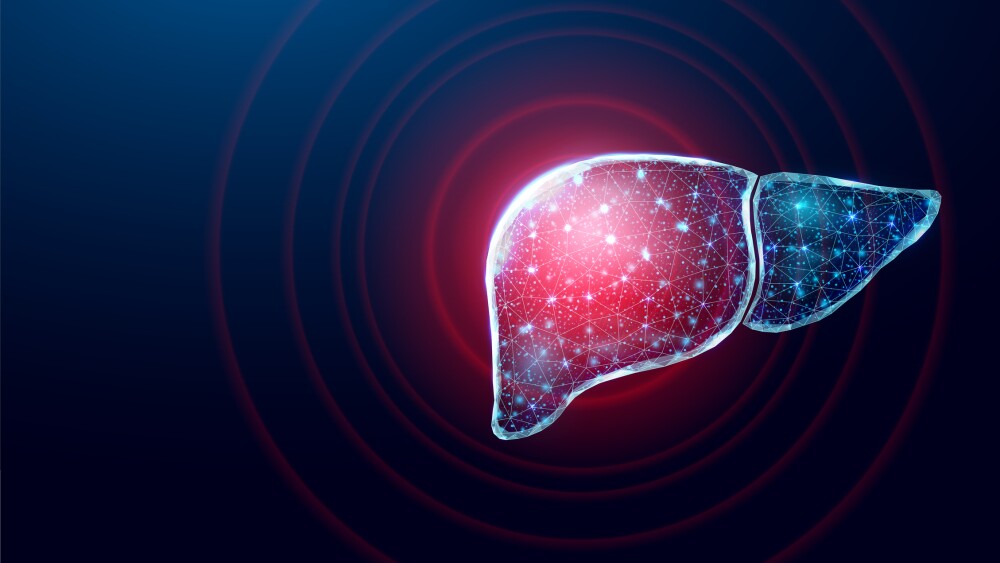CHICAGO, Nov. 30 /PRNewswire-USNewswire/ --
Unindicated CT Series Result in Unnecessary Radiation Exposure for Patients
Researchers at the University of Wisconsin - Madison found that more than half of patients undergoing abdominal CT received unnecessary additional imaging series resulting in excess, avoidable radiation exposure. The researchers reviewed the appropriateness and radiation dose of abdomen and pelvis CT exams for 500 patients performed at outside institutions and submitted to UW - Madison for interpretation. There were a total of 978 series for the 500 patients. Approximately 35 percent (345/978) of the CT series in 52 percent (261/500) of the patients were determined to be unindicated. The mean excess radiation dose per patient from unnecessary scans was 11.3 millisieverts (mSv), equivalent to the dose received from 113 chest x-rays. This study will be presented by Kristie Guite, M.D.
Elastography Reduces Unnecessary Breast Biopsies
A new study from Elizabeth Wende Breast Care in Rochester, N.Y., found that elastography is an effective, convenient technique that, when added to breast ultrasound, helps distinguish cancerous from benign breast lesions and has the potential to reduce unnecessary biopsies. For the study, 179 patients underwent breast ultrasound and elastography. Elastography properly identified 98 percent of lesions that had malignant findings on biopsy, and 82 percent of lesions that turned out to be benign. Elastography was also more accurate than ultrasound in gauging the size of the lesions. Currently, 80 percent of breast biopsies yield benign results. This study will be presented by Stamatia V. Destounis, M.D.
Tuesday news conferences focus on the risk of radiation-induced breast cancer from screening mammography, early diagnosis of a life-threatening pregnancy complication, improved skin cancer detection, brain damage caused by lead exposure, spinal abnormalities in overweight adolescents and the association between peripheral arterial disease and serious heart disease.
Radiological Society of North America (RSNA)



